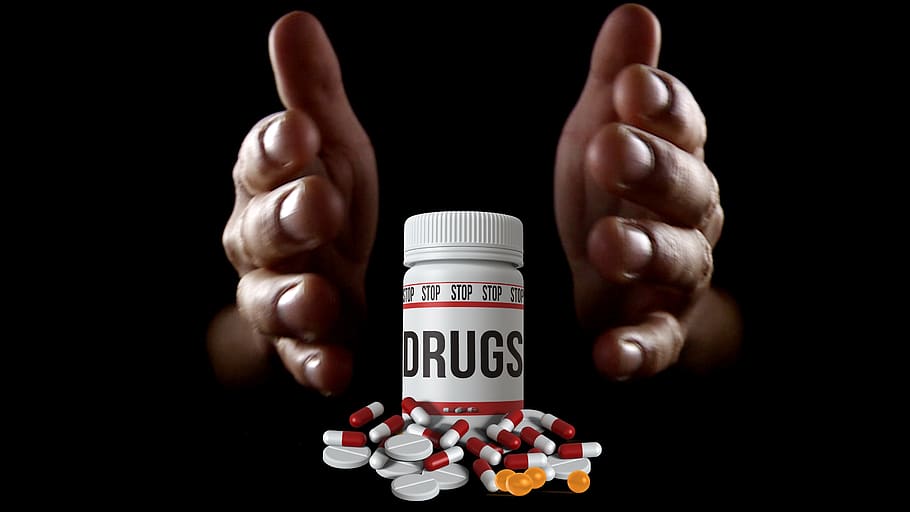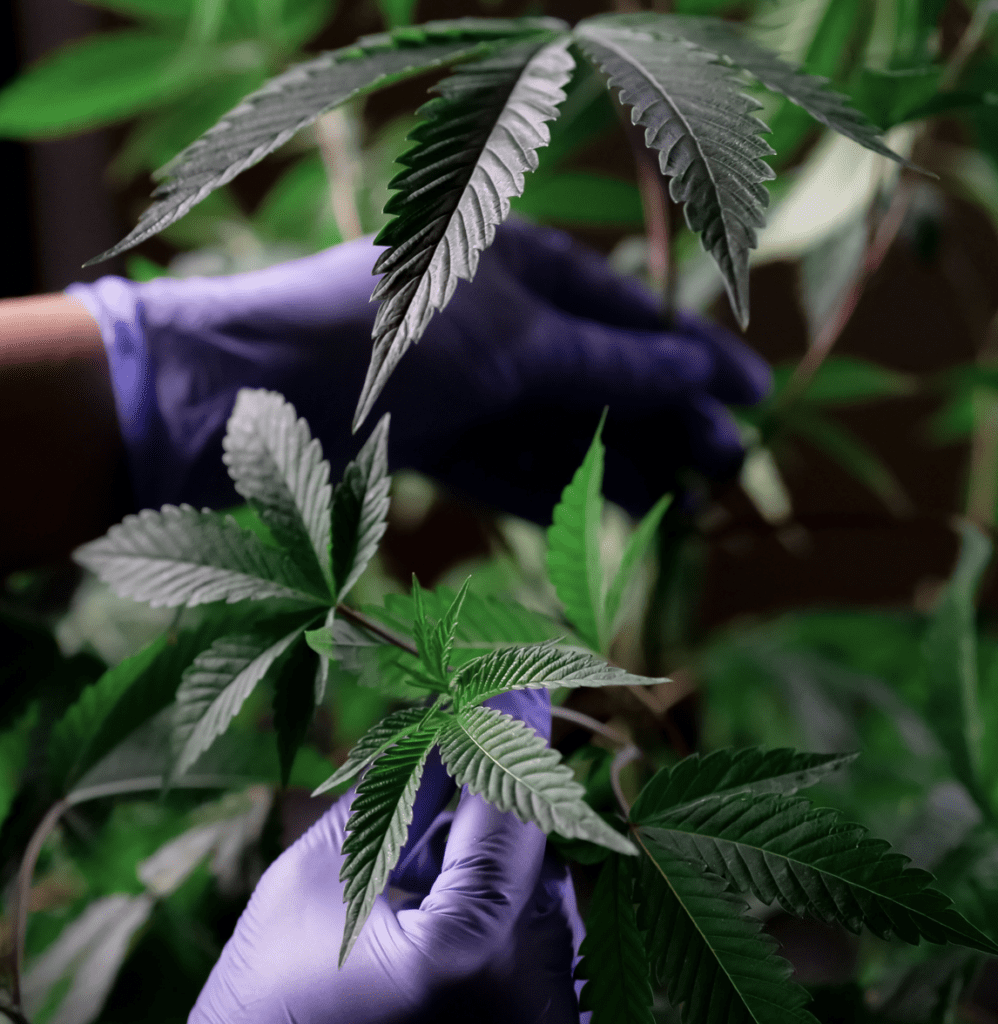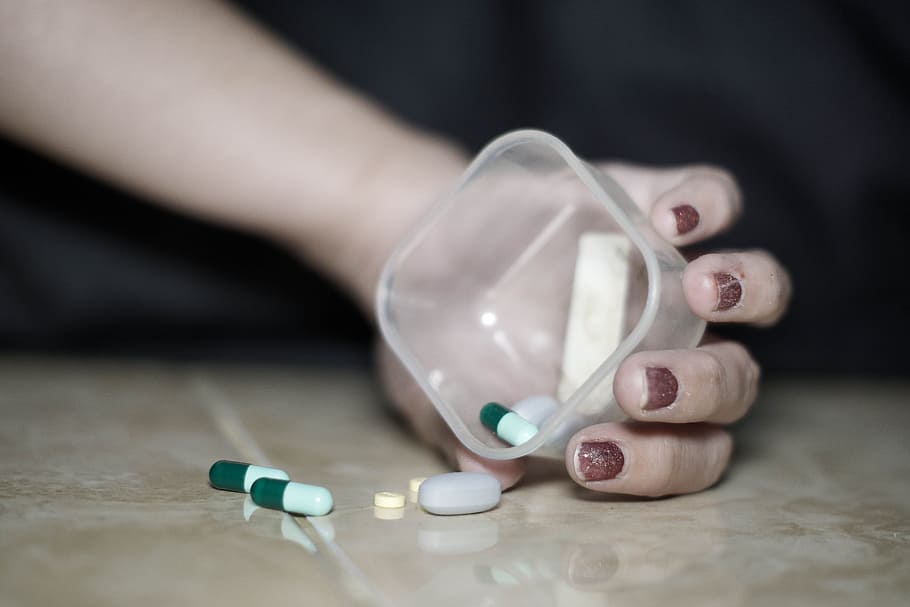Introduction
The battle between CBD vs Opioids for effective treatment of various conditions is a hot topic in the scientific community.
The opioid crisis has been a major issue in recent years, hurting many individuals and families. Amidst this crisis, CBD (cannabidiol) and CBN (cannabinol) are stepping up. They’re showing potential as plant-based alternatives that could provide relief without the addictive risks linked to opioids.

The Role of CBD vs Opioids in Pain Management & Sleep

Opioids are known for their effective pain relief, but they carry substantial risks. Issues like dependency, addiction, and severe side effects are common. On the flip side, CBD is carving out a different narrative. Research from The Journal of Pain shows that CBD offers pain relief effects with fewer side effects. Plus, it’s not addictive. This makes CBD a potentially safer option for those seeking relief from different ailments.
Comparing CBD vs Opioids: Use Cases
A study published in Neurotherapeutics highlights the potential therapeutic benefits of CBD. It shows that CBD could help with conditions like anxiety, depression, sleep disturbances, and cognitive issues. This points to CBD as a possible effective treatment for these disorders, presenting a plant-based alternative to traditional pharmaceuticals.

The Opioid Crisis: The Future, CBD vs Opioids

The promise of CBD doesn’t stop at individual health benefits. It could also play a part in tackling the wider opioid crisis. A study in the American Journal of Psychiatry suggests that CBD could help reduce opioid cravings and anxiety. These are two key aspects of addiction. By offering an alternative form of relief and potentially helping with addiction management, CBD could make a positive contribution to the fight against the opioid crisis.
Conclusion
Research is still underway, but the potential of CBD as a safer, plant-based alternative to opioids is encouraging. CBD could help with a range of issues from managing anxiety and depression to reducing the effects of the opioid crisis. As we learn more about this compound, the future of plant-based medicine looks promising.
Remember, always consult with a healthcare provider before changing your treatment plan. While CBD shows promise, everyone responds differently. It should be used as part of a comprehensive health strategy.
Explore more about the potential benefits of CBD in our post about Response CBD Gummies.
Disclaimer
This content is for informational purposes only. It’s not a substitute for professional medical advice, diagnosis, or treatment. Always seek the advice of your physician or other qualified health provider with any questions you may have about a medical condition.
References
- “Cannabidiol in Anxiety and Sleep: A Large Case Series.” Neurotherapeutics, 2019.
- “Cannabidiol for the Reduction of Cue-Induced Craving and Anxiety in Drug-Abstinent Individuals With Heroin Use Disorder: A Double-Blind Randomized Placebo-Controlled Trial.” American Journal of Psychiatry, 2019.
- “The Effectiveness of Self-Directed Medical Cannabis Treatment for Pain.” The Journal of Pain, 2019.
